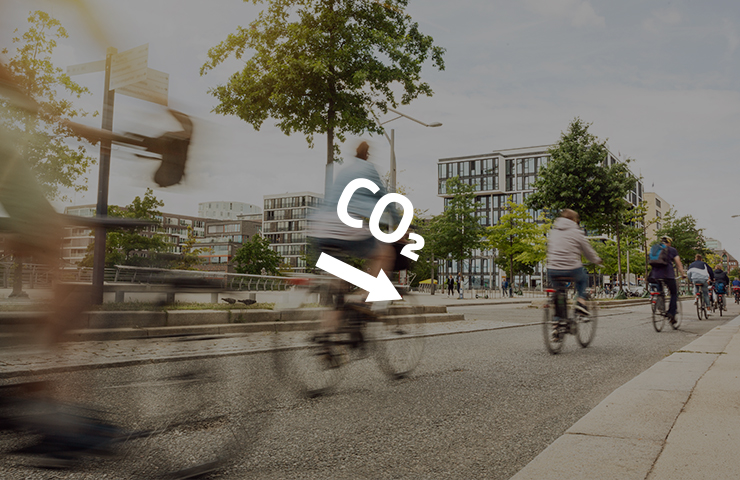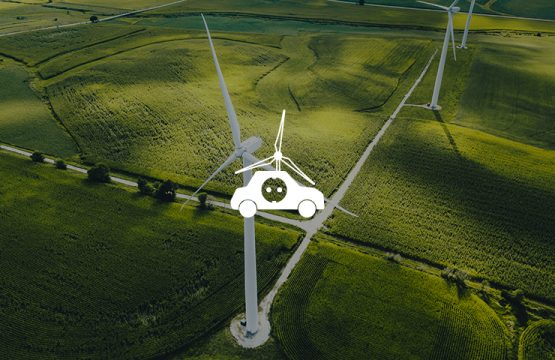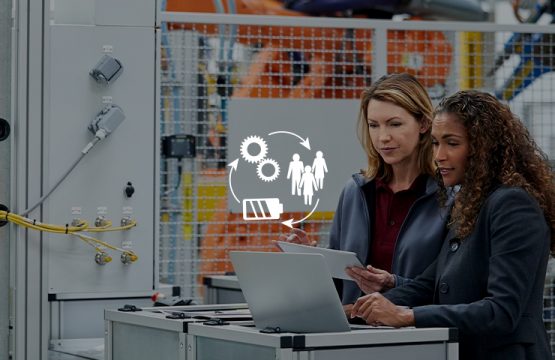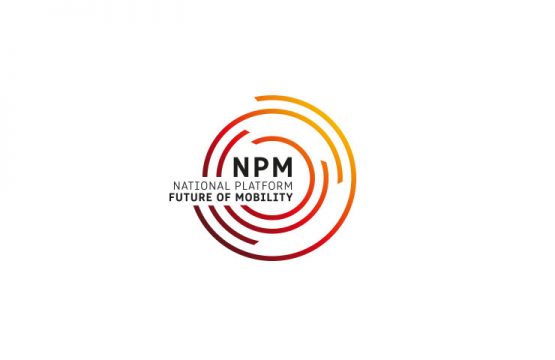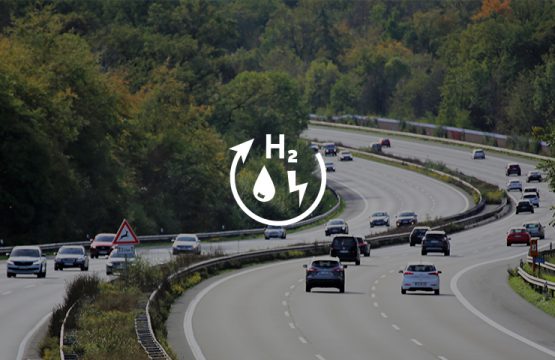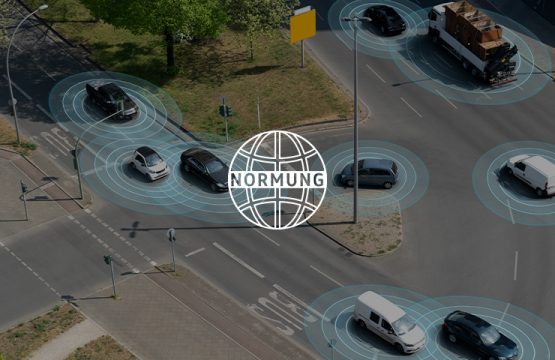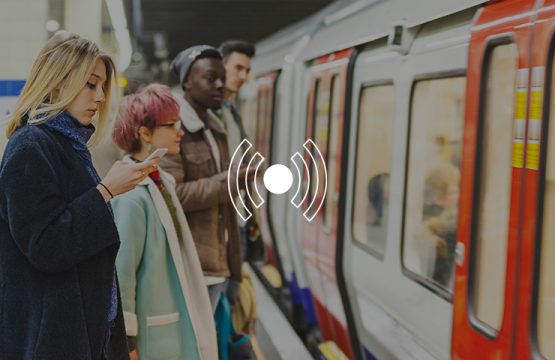Achieving the climate targets in transport is key for the future of mobility, and yet, implementation remains a challenge. In its latest report “Ways for more climate action in transport”, WG 1 “Transport and Climate Change” of the National Platform Future of Mobility (NPM) has prepared technology timetables, a comprehensive toolbox with proposed instruments and numerous courses of action in the areas of “Drive technology change in cars”, “Rail transport” and “Urban mobility”. The report is complementing WG 1’s previous efforts in the areas of “Drive technology change in commercial vehicles” and “Alternative fuels”.
„WG 1 assembles experts from all sectors of society. We have managed to present courses of action for improved climate change mitigation in transport in a transparent way. With its technology timetables and proposed instruments, the current report gives important impetus for the necessary big political decisions,” says Franz Loogen, Head of WG 1 and Director of the State Agency e-mobil BW.
Technology timetables and a comprehensive toolbox provide courses of action to achieve climate targets in the transport sector
In order to achieve the climate targets in transport in the next few years, the current NPM WG 1 report proposes instruments for operative and political implementation in five topic areas: “Drive technology change in cars”, “Drive technology change in commercial vehicles”, “Alternative fuels”, “Rail transport” and “Urban mobility”. Specifically, WG 1 expects about one third – i. e. approx. 14 million – of all cars to be electrified by 2030 and one quarter of new car sales to be e-vehicles by the end of the decade. Moreover, one third of HGV journeys should be completed electrically by 2030. Both cars and lorries rely on a speedy and steady expansion of charging infrastructure. Across the whole of Germany, many more public charge points for electric cars need to be installed. For electric lorries, nationwide coverage of fast charging infrastructure along international logistics routes is needed.
Rail transport should also be strengthened through expansion, electrification and digitalisation of the rail infrastructure. An increase in the share of electrified routes from today’s 61 percent to more than 70 percent by 2030 seems to be both necessary and feasible. A doubling of passenger numbers in passenger rail transport by the end of the decade is to be reviewed. To provide incentives for people to switch to bicycles and to public transport for shorter distances, the current cycle path network needs to be tripled, and journeys by underground and overground suburban trains as well as trams need to be increased by 15 to 30 percent. The number of electric and hydrogen-powered busses in public transport should increase from currently 1,000 to approx. 17,000 by 2030. The report also names further instruments and courses of action.
Towards more climate action in transport – the time to act is now
As a result of the increasing requirements set by national and European climate legislation, there is an increased need for action in planning, regulatory and operative terms. Politicians are called upon to set the course in a way to ensure that Germany’s transport sector will be shaped along a sustainable innovation pathway, that mobility needs are met in a socially equitable and ecological way, that Germany will remain an attractive location and be able to take the lead in innovative, climate-friendly mobility solutions. The implementation of the measures described needs to be accelerated in all five areas.
“We can only be successful if the implementation of complete climate neutrality by 2045 is fully supported by the public. That is why it is so important to create understanding and enthusiasm for new mobility solutions in all their forms. Modern drive technology and digital solutions are creating opportunities for increased climate action and economic strength. What is important now is to implement climate-friendly, affordable and resilient mobility solutions efficiently and swiftly,” explains Franz Loogen.
About the work of NPM’s WG 1
WG 1 has been contributing to the technical and political debates on transport and climate change since 2018. The working group is made up of environmental and industrial associations, trade unions and consumer organisations, stakeholder groups for bicycle, rail and road traffic, business experts and representatives from logistics, public transport, federal states and municipalities. The work has also been supported by various independent consultants.
In its interim report 03/2019, WG 1 set out ways to achieve the climate targets 2030 in the transport sector and recommended that the German Federal Government should further investigate the instrument “CO2 price”. The recommendations for action entered into the consultations of the Climate Cabinet and the preparation of the Federal Climate Change Act and the Climate Action Programme 2030. Last year, WG 1 drafted a report on commercial vehicles which lies at the heart of the “Gesamtkonzept klimafreundliche Nutzfahrzeuge” (Masterplan climate-friendly commercial vehicles) of the Federal Ministry of Transport and Digital Infrastructure, BMVI, as well as a report on proposals on the use and market ramp-up of alternative fuels, which formed part of the consultations of the Concerted Action for Mobility.
The report “Ways for more climate action in transport” examines how measures already taken can be further accelerated and expanded to achieve the ambitious climate targets in transport. The expositions are based on the request by the Federal Ministry of Transport to the NPM to assess and evaluate two expert reports – commissioned by the Federal Government – on the effects of the Climate Action Programme 2030. This report provides an overview over the topics discussed in past 18 months and is focussing on the areas of “Drive technology change in cars”, “Rail transport” and “Urban mobility”.
The new AG 1 report will shortly be available to download on the NPM website www.plattform-zukunft-mobilitaet.de. In case of any queries or to request a pre-release version of the report, please get in touch with:
Alexandra Huß
Communication Advisor
Office of the Chairman of National Platform Future of Mobility
huss@acatech.de
+49 (0)30 / 206 30 96 86
+49 (0)160 / 714 93 25
